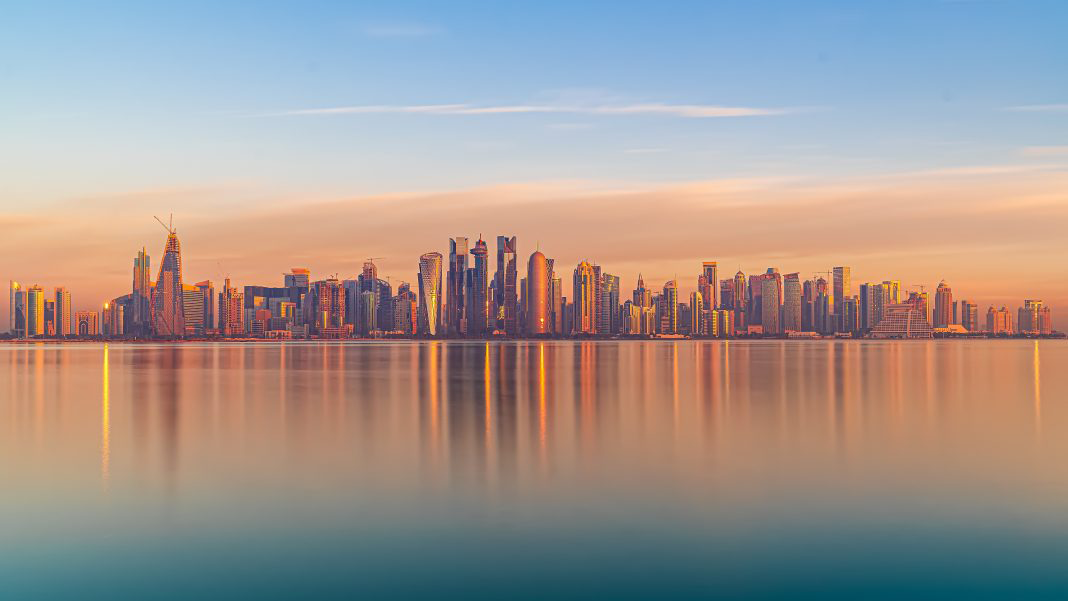Qatar serves as the centre of the developing halal economy, placing the GCC region in a good position to profit from this market growth.
Qatar is a thriving centre for the halal economy, according to a research by the Investment Promotion Agency of Qatar.
Qatar’s focus on key businesses with significant room for expansion has created a sizeable halal market across a variety of industries.
The study also demonstrates how the global halal economy is taking the lead, a testament to its impressive growth and potential to reach a stunning market value of $7.7 trillion by 2025, up from $3.2 trillion in 2015.
This growing industry, which upholds Islamic beliefs and values, spans over a variety of sectors, including finance and food as well as pharmaceuticals, tourism, cosmetics, and fashion.
The halal economy has drawn more attention and investment in recent years, with a 9.2% compound annual growth rate predicted between 2015 and 2025.
The report emphasised how Qatar serves as the centre of this developing industry, placing the Gulf Cooperation Council (GCC) region in a good position to profit from the market growth.
Through the promotion of innovation, sustainability, and food security by major market participants like Hassad Food, the nation has already established itself as a pioneer in the halal food sector.
Separately, in 2021 Qatar had market assets of $156.4 billion in the financial sector, $1 billion in Islamic insurance (Takaful), $14.2 billion in Islamic travel, $5.1 billion in Islamic healthcare, and $849 million in Islamic Fintech, the IPA Qatar study stated.
The study discovered that the key indicators illustrate that the GCC region dominates the global halal market, regionally valued at $58.2 billion in 2021.
The establishment of the Organisation of Islamic Cooperations (OIC) Halal Accreditation Centre and the publication of a handbook on importing Halal food products by the Ministry of Public Health are only two examples of Qatar’s efforts in both national and international halal accreditation, said the IPA Qatar’s study.
As for the halal financial assets market, it was valued at $1.5 trillion in the same region in 2021, with an OIC economies’ projected +7% growth rate between 2020 and 2026, and venture capital funding valued at $1 billion for start-ups in Islamic finance in the Middle East and North Africa region in 2020.
Qatar is fostering a sort of collaborative mindset through initiatives like the Ministry of Commerce and Industry’s Halal Lifestyle campaign to encourage halal living and its Islamic banks’ great potential in takaful, green investments, and Sukuk issuance.
The country is keen on establishing itself as a major hub for trade, tourism, and investment in the area, especially in its halal economy, which is among the top ten on the Global Islamic Economy Indicator.
Demand for halal goods and services is growing, not just among Muslims but increasingly among non-Muslims who believe that halal products are morally righteous, wholesome, and secure.
By 2025, it is anticipated that spending on halal media would total $308 billion, with Qatar, incidentally, being among the top three OIC countries for Islamic-themed media and lifestyle services.
Businesses and investors must cooperate with a variety of actors, including halal certification authorities, distribution platforms, marketing firms, logistics and warehousing firms, and retailers, in order to access this market, the study found.
Qatar’s strategic position, extensive industry involvement, and strong halal infrastructure make it an appealing destination for investors from the region and around the world as the global halal economy continues to grow.







